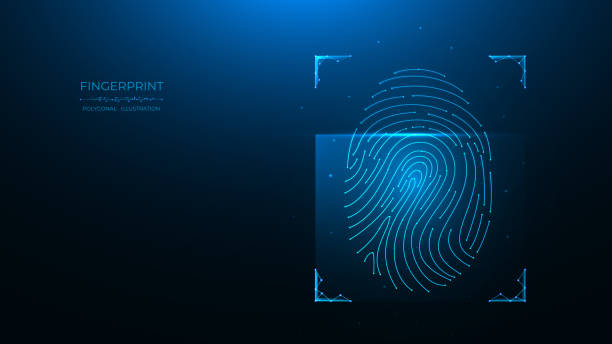Biometric authentication is the method through which a person's unique biological traits are employed in a biometric multifactor authentication solution to identify and verify them. These qualities are present in facial characteristics, eye structures, DNA, fingerprint patterns, and handwriting. All of this information that may be collected on a person unavoidably raises ethical concerns in biometrics that must be addressed.
Previously, facial recognition and fingerprint scans were deployed for identification and law enforcement and were in the realm of security. Nonetheless, a growing number of corporate and civic applications use biometric authentication. Due to the rising usage of biometrics, it is necessary to address the moral and ethical challenges that arise while developing new applications and technologies.
Despite the prevalence of biometric technology, applied biometrics and business ethics have received little empirical research. Therefore, there is much space for future research to assist us in appreciating the moral implications of adopting this technology.
Biometric data raises privacy problems to a degree unmatched by conventional data collection. Digital identities may be faked, and online anonymity can be preserved to some extent if you know how. Also, digital data may be wiped, assuming we forget that Facebook stores deleted data, which is an ethical dilemma in and of itself.
You cannot alter your eye structure, fingerprints, or facial traits. Big tech corporations have already captured and stored your face, fingerprints, and voice using biometric authentication methods, mostly used to unlock your phone. This information will exist indefinitely, and there is nothing individuals can do about it other than avoid it in the first place.
While many firms currently provide consumers with the option of entering a password to unlock their phones, as technology tends to do, the biometric alternative is gaining favor. It may one day become the standard since its ease and security are difficult to dispute. You cannot mistakenly forget your fingerprint or eyeball at home. In the same way, it cannot be altered. There would be no remedy if your youthful curiosity when surfing the Internet resulted in a black mark on your record.
The underlying issue is who, if anybody, should have access to such data. The expansion of biometric verification and online identity verification technologies will not alter the fact that tech titans now own all of our data. It will improve targeting skills.
While gathering biometric data does not necessarily imply that it will be shared, commercialized, or exploited in any manner, it still necessitates the implementation of clear and stringent norms and laws. There are too many ways that the wrong party might misuse bioethical concerns.
???????
Below is an article from AuthID discussing how the ethical biometrics high road should be easy, yet many identity service providers struggle.





